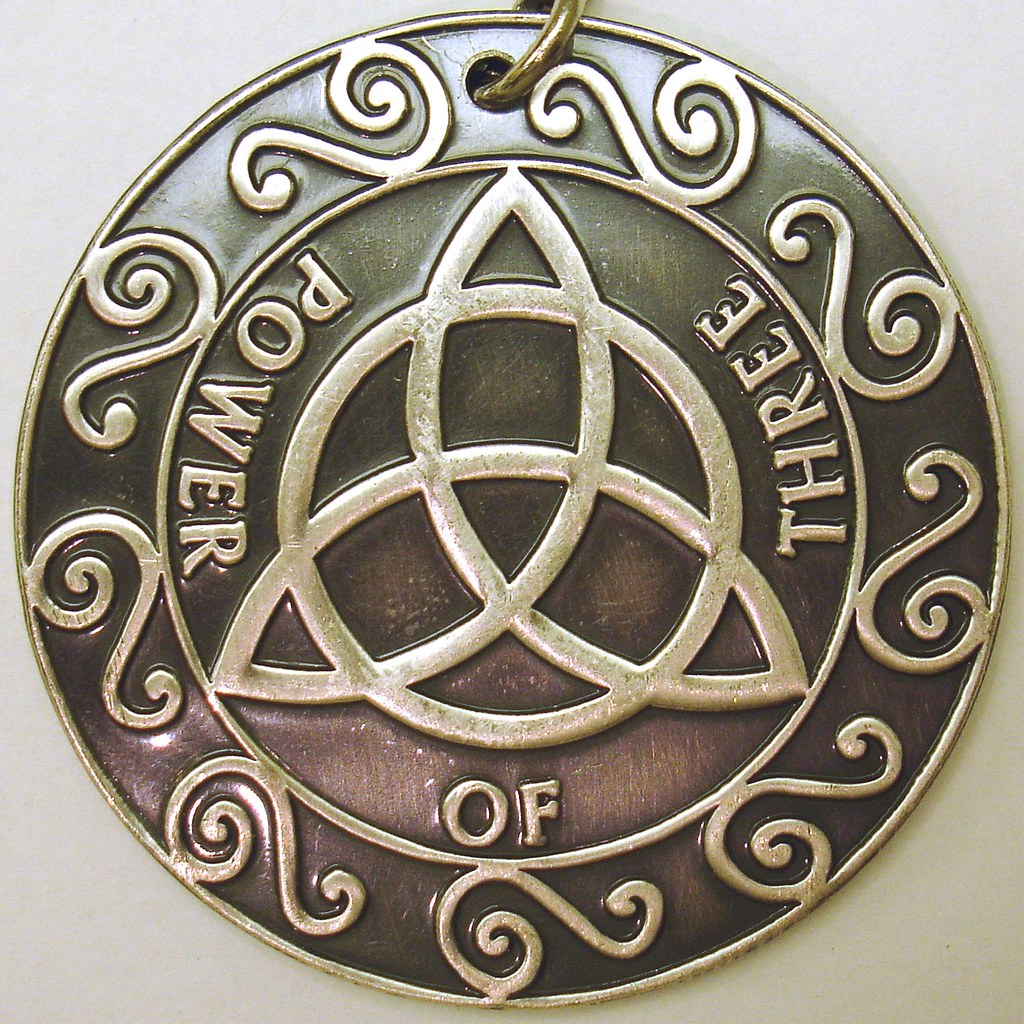Many friends think I'm outdated as I avoid responding to digitally circulated messages and greetings. I consign them to the bin before the inbox runs out of space. There are reasons for such an approach. Such digitally generated and widely circulated messages rarely have personal touch. Digital is anything that is convenient and timely nonetheless, but such messages are bereft of human emotions and feelings.
I value hand-written letters because we are not pieces of hardware driven by software. For me, there is something profound about sending and receiving letters. Much before it reaches the addressee, letter is written with the recipient in mind, its narrative length is conditioned by the paper of choice, the emotive touch is appropriate to the ink used, and finally the letter is on its onward journey. It takes time, effort, and patience to do so, and wait patiently but anxiously for several days for a response.
I recall the era when writing letters, especially love letters, was a work of fine art. It's a tangible memory, a document frozen in time. And the act of writing has a humane touch. In a world steeped in digital communication the act of writing a missive is inherently human. A hand-written letter is devoid of any AI prompts which interfere with self-reflection and correct erroneous spelling or grammar. Handwriting communicates our personality in a way that Helvetica or Times New Roman cannot.
I am not alone in what is often considered nostalgic (and in crude terms foolish). Only recently, to revive the art of letter writing, Indian Posts initiated a letter writing competition called, Dhai Akhar (inspired by 'Dhai akhar prem ka', Saint Kabir's famous phrase to describe love.). The idea was to evoke love for letter-writing in a digital age. To everybody's surprise, it received more than 700,000 entries by the closing date of Jan 31, 2025. For flesh-and-blood creatures, there was nothing better than share life experience in all its richness, risk, beauty, and misery.
This campaign allows us to express our feelings to bring warmth in our relationship. We cannot upload our minds to the cloud and transcend the world. Honest self-expression through letters puts the sender and the receiver on an equal pedestal. Each feels the importance of having been spoken to. When we try to replace that reality with a digital facsimile, we are lost.









.jpg)